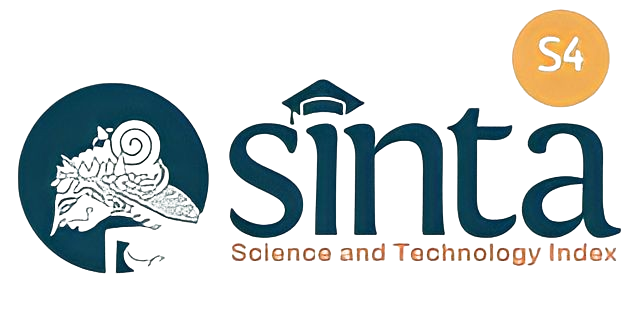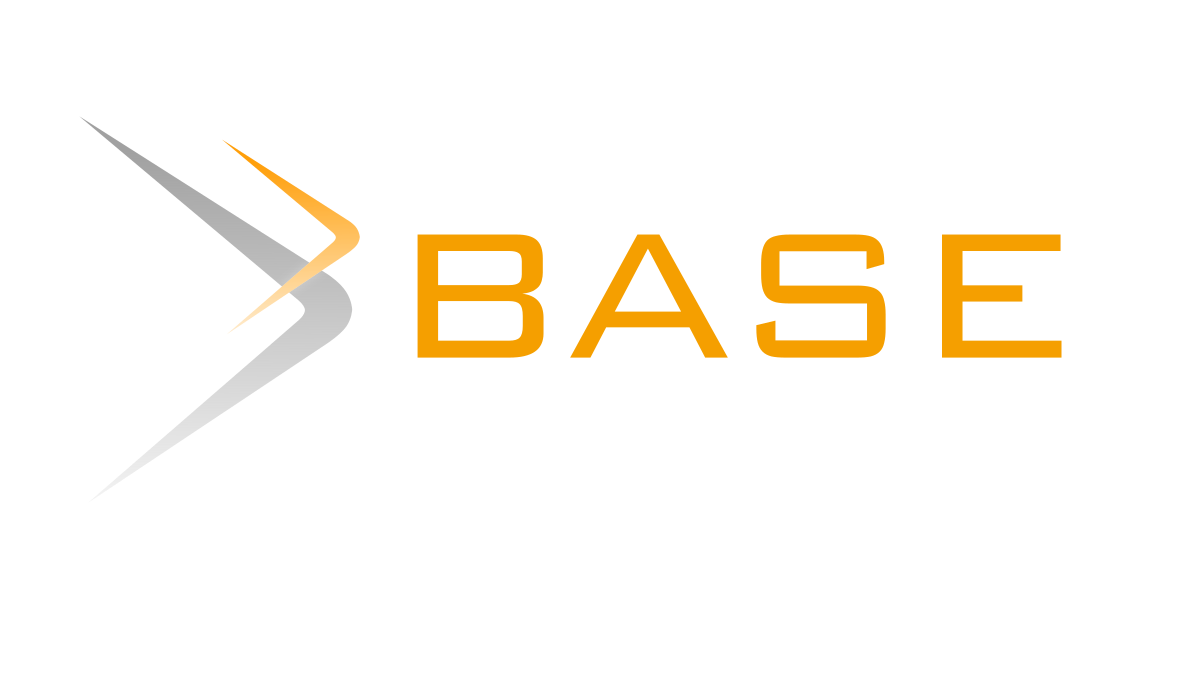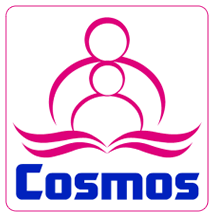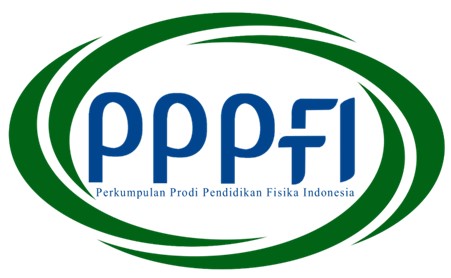Analysis of Student's Misconceptions in Static and Dynamic Electricity Physics Using the Three Tier Test
DOI:
https://doi.org/10.14421/impulse.2022.22.06Keywords:
Static Electricity and Dinamic Electricity, Misconception, Three Tier TestAbstract
Physics is one of the subjects that is considered difficult, this assumption is reinforced by students who experience misconceptions, some even do not understand the concept. This study aims to find out students' misconceptions about static electricity and dynamic electricity. The research method is qualitative, with research subjects consisting of 20 students from class XII. The test instrument used consisted of 10 static and dynamic electricity questions self-made with content validation results of 0.96, empirical validity of 1.01, and reliability of 0.8 using the three-tier test method. The data collection techniques used in the form of tests. The results of the study showed that 33.5% of students experienced misconceptions, the value was categorized as moderate. Meanwhile, 29.5% did not understand the concept and 35% understood the concept. Although the level of misconception is categorized as moderate, it still has to be an evaluation.
Downloads
References
Suryawan, IPA., Santyasa IW., & Sudarma IK., “The Influence of the Discovery-Inquiry Learning Method on the Reduction of Misconceptions and Physics Learning Achievement (Pengaruh Metode Pembelajaran Discovery-Inquiry terhadap Reduksi Miskonsepsi dan Prestasi Belajar Fisika)”. Jurnal Teknologi Pembelajaran Indonesia, vol.10(1), pp.25-34, 2020.
Aritonang, K. T., “Interest and Motivation in Improving Student Learning Outcomes (Minat dan Motivasi dalam Meningkatkan Hasil Belajar Siswa)”, Jurnal Pendidikan Penabur, no.10, June 2008.
Wijayanti P.I. et.al., “Exploration of Student Learning Difficulties on the Subject of Light and Efforts to Increase Learning Outcomes Through Guided Inquiry Learning (Eksplorasi Kesulitan Belajar Siswa Pada Pokok Bahasan Cahaya dan Upaya Peningkatan Hasil Belajar Melalui Pembelajaran Inkuiri Terbimbing)”, Jurnal Pendidikan Fisika Indonesia, vol. 6, pp.1–5, 2010.
Alamsyah, S. & Sudrajat, Learning Learning in Elementary Schools (Belajar Pembelajaran di Sekolah Dasar). Daerah Istimewa Yogyakarta: Deepublish, 2021.
Suparno, P., Misconceptions and Concept Changes in Physics Education (Miskonsepi dan Perubahan Konsep dalam Pendidikan Fisika). Jakarta: PT Grasindo, 2007.
Malikha, Z. & Amir, M.F., “Misconception Analysis of Class V-B Students Min Buduran Sidoarjo on Fractions Material in View of Mathematical Ability (Analisis Miskonsepsi Siswa Kelas V-B Min Buduran Sidoarjo pada Materi Pecahan Ditinjau dari Kemampuan Matematika)”, Jurnal Mathematics Education, vol. 2(1), pp.75-81, 2018.
Wisudawati, A.W., The Science Learning Methodology is adapted to the 2013 Curriculum Learning (Metodologi Pembelajaran IPA disesuaikan dengan Pembelajaran Kurikulum 2013). Jakarta: Bumi Aksara, 2017.
Pujayanto, “Misconceptions of Science (Physics) in Elementary School Teachers. Journal of Materials and Learning Physics (Miskonsepi IPA (Fisika) pada Guru SD)”, Jurnal Materi dan Pembelajaran Fisika, vol.1(1), pp.22 – 24, 2011.
Costu, B., Ayas, A. & Niaz, M., “Promoting Conceptual Change in First Year Student’s Understanding of Evaporation”, Chemistry Education Research and Practice, vol.11, pp.5-16, 2010.
Mosik, P.M., “Efforts to Reduce the Occurrence of Physics Misconceptions through Learning with a Cognitive Conflict Approach (Usaha Mengurangi Terjadinya Miskonsepsi Fisika melalui Pembelajaran dengan Pendekatan Konflik Kognitif)”, Jurnal Pendidikan Fisika Indonesia, vol. 6, pp.98-103, July 2010.
Didik, L. A., & Aulia, F., “Analysis of the level of understanding and misconceptions on static electricity material for physics tadris students using the 3-tier multiple choices diagnostic method (Analisa tingkat pemahaman dan miskonsepsi pada materi listrik statis mahasiswa tadris fisika menggunakan metode 3-tier muliple choices diagnostic)”. Jurnal Phenomenon, vol.9(1), pp.99-112, 2019.
Pesman, Haki, Development of a three-tier test to asses ninth grade Student misconceptions about simple electric circuits. Master Thesis in Middle East Technical University, 2005.


























